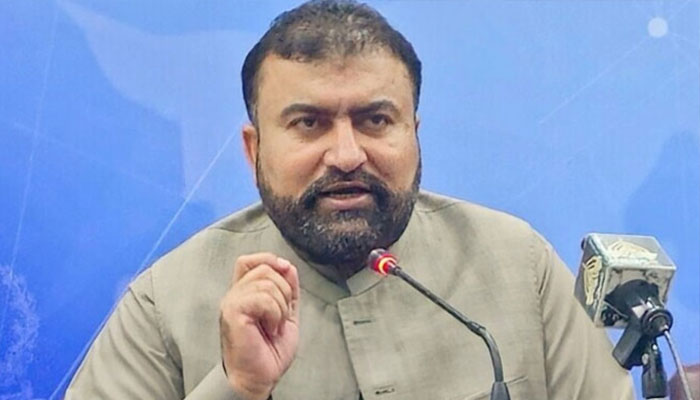POLITICS & POLICY MAKING

The Ministry of Information Technology and Telecommunication has officially granted the Inter-Services Intelligence (ISI) the authority to intercept and trace calls in the interest of national security. This authorization, detailed in a notification issued on Monday, was granted under Section 54 of the Pakistan Telecommunication (Re-organisation) Act, 1996.
The notification states, "In exercise of the powers conferred under Section 54 … the federal government in the interest of national security and in the apprehension of any offence, is pleased to authorise the officers not below the rank of grade 18 to be nominated from time to time by the Inter-Services Intelligence (ISI) to intercept calls and messages or to trace calls through any telecommunication system as envisaged under Section 54 of the Act."
This development comes in the wake of a December hearing at the Islamabad High Court (IHC), where Attorney General for Pakistan (AGP) Mansoor Usman Awan informed the court that the government had not previously authorized any intelligence agency to tap audio conversations. The case involved a petition by Bushra Bibi, the spouse of former premier Imran Khan, concerning a leaked conversation allegedly featuring her and PTI leader Latif Khosa. She argued that the recording breached her right to dignity and privacy guaranteed by Article 14 of the Constitution.
The Pakistan Tehreek-e-Insaf (PTI) party, led by former Prime Minister Imran Khan, has criticized the government’s decision. The party’s official X account stated, "Granting unlimited powers for phone tapping to authorities is synonymous with a lack of privacy and human rights. Lack of privacy and human rights is one big reason many companies are leaving Pakistan. SIFC initiative is already suffering, this will dent the mission further!"
Shireen Mazari, former human rights minister and a PTI member, also voiced her concerns on her X account, comparing the move to the dystopian world depicted in George Orwell’s novel "1984". The novel illustrates how totalitarian regimes use censorship to control information, manipulate reality, and suppress dissent.
The government's move has ignited a debate over the balance between national security and individual privacy rights. Critics argue that such measures could lead to excessive surveillance and a significant erosion of civil liberties. As the country navigates these complex issues, the effectiveness and ethical implications of this new authorization remain to be seen.




